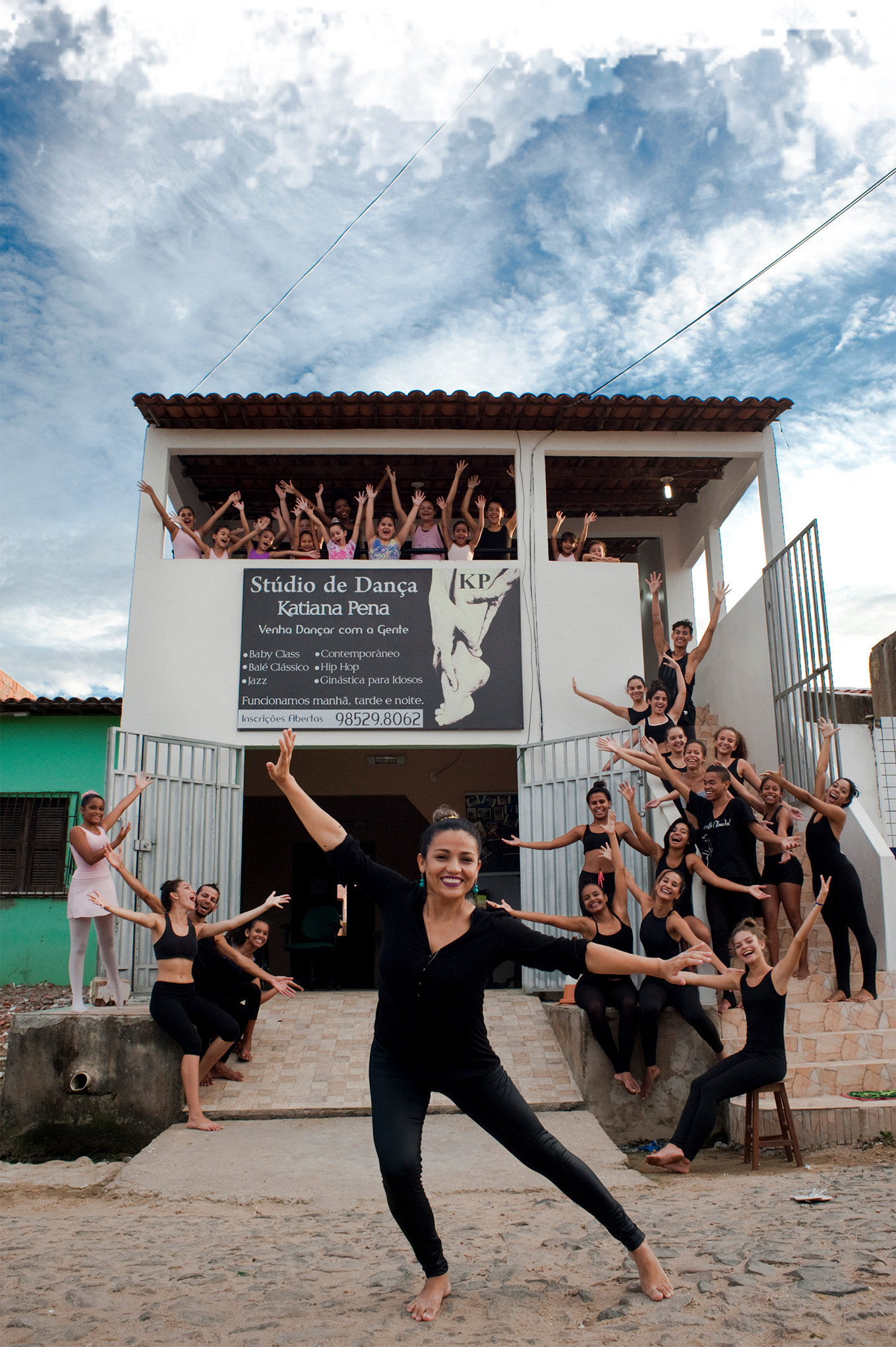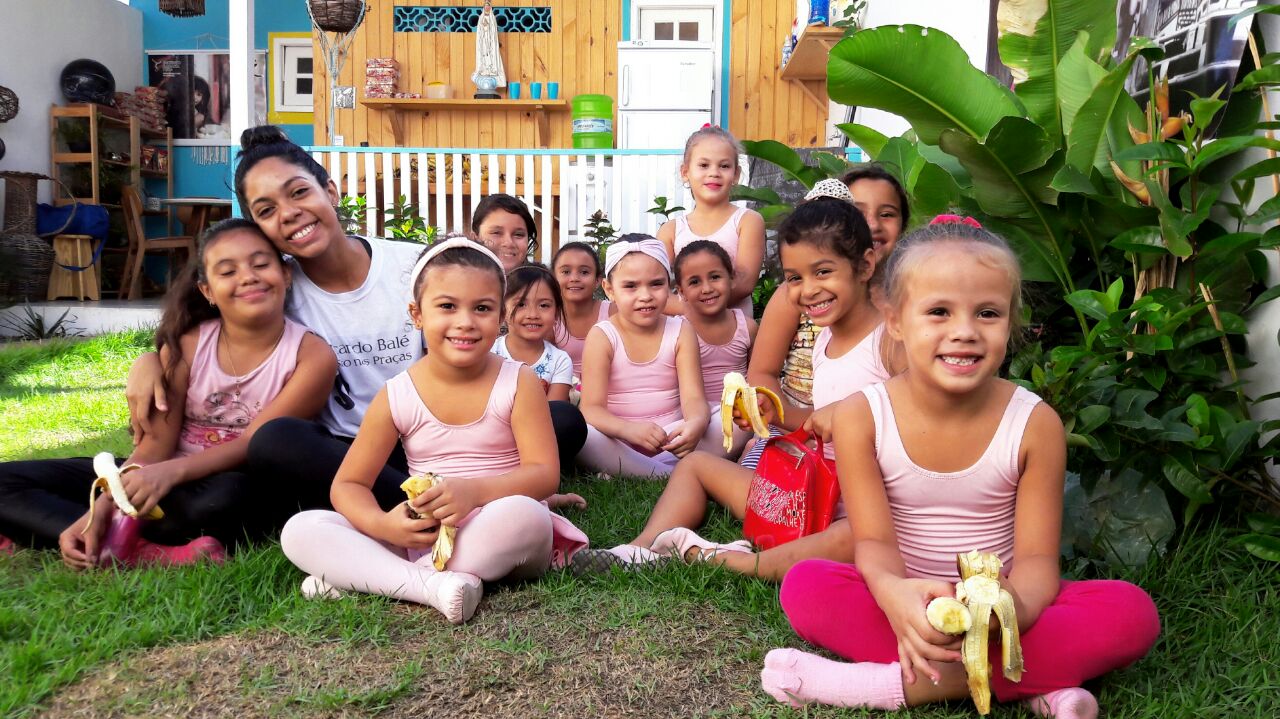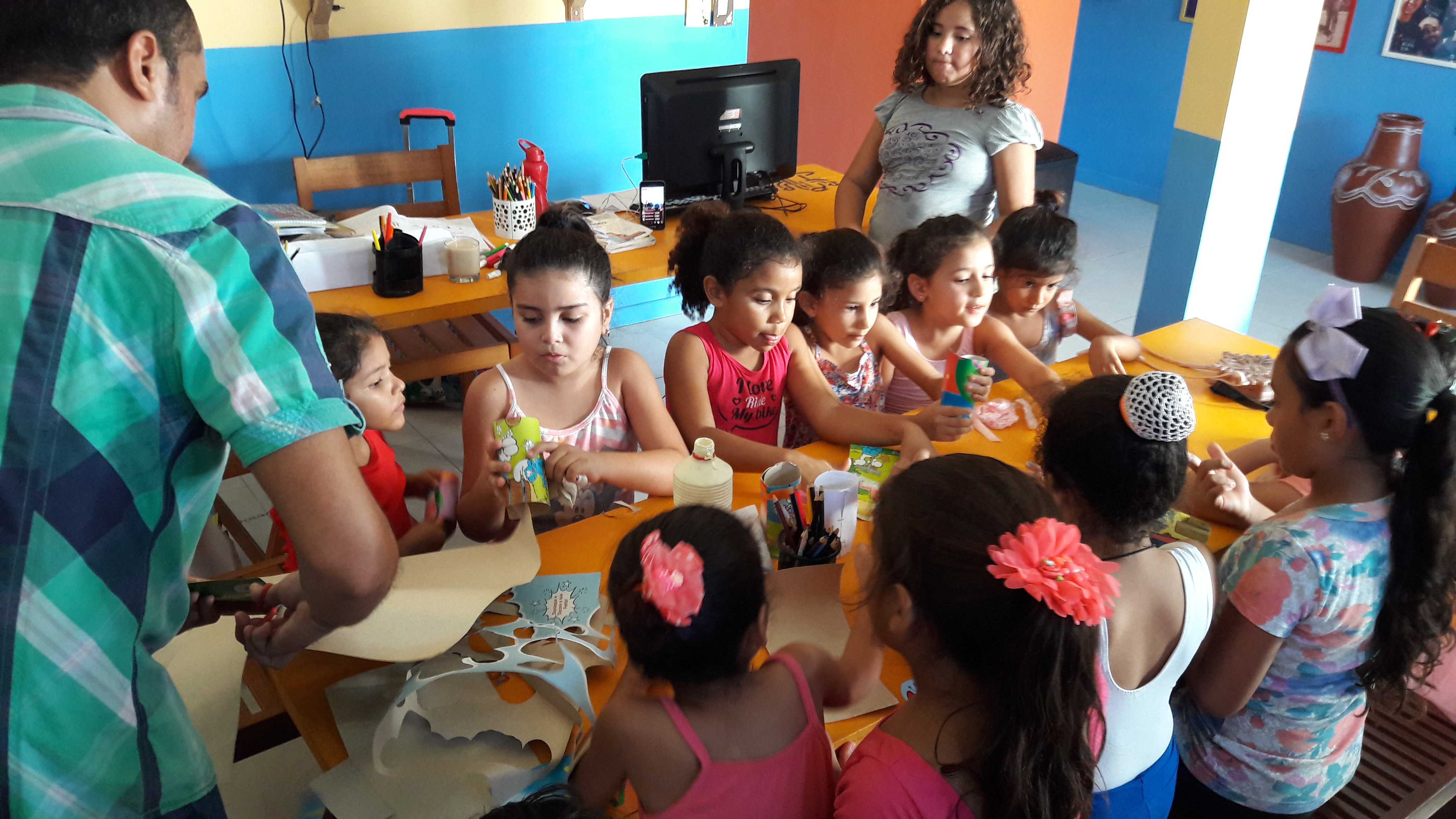Our dance, the art of the change!
Description
The practice deals with the reach of SDGs through education through art and culture, above all, through the teaching of dance. We understand that in order to reach the goals, we had to create easy-to-accept transformation mechanisms for the institution's learners. We have already had four years of practice and intend until 2030 to change the reality of the great Bom Jardim, the most dangerous area of Fortaleza, which is currently one of the cities with the highest levels of violence on the planet.
To reach the largest number of people in the neighborhood and adjacent regions, contributing to a quality education, linked to ballet, because we understand from the years in which the practice happens, that education is the foundation for the human being to develop their motor skills, intellectuals, and with that, become a being able to understand their rights and duties. We achieve with education, unite art and culture, making children aware that it is necessary to study, to win in life and to be a professional in the area to choose to work in youth. We unite education with other practices, such as the notions of good nutrition; and food was one of our greatest challenges, since many of our students could not eat healthy meals at home, were malnourished and with some diseases caused by poor diet; also inserted with education, we work hard on our students gender equality, because we live in a society in which women are devalued, because the inequalities found in Brazil, are the size of their geographical map, that is, huge. We fight against poverty in all forms, and for this, we use partnerships with local institutions to provide vocational courses, so that people leaving here, leave with an artistic and professional training, because if she does not want to pursue a career as a dancer, can enter a university and pursue the course and career of their choice, as we work from the five-year-olds, who have to study to be a forward-thinking citizen. Last but not least, we work to reduce social inequalities of all kinds, because education is our greatest tool to work to raise awareness of what is right and wrong in people. Our daily struggle is to achieve the transformation we want, but we are gradually managing to change our reality and the reality of the more than 600 students that the institution attends. The idealizer of the practice, who is also a resident of the great Bom Jardim as a child, was attended by a social project with dance and had her life transformed; today, she made this transformation in the neighborhood where she was born and has been changing many lives. The first impacted were his first ballet students, who now govern the institution at his side, and are all in universities, and work at the institution, continuing the dream of bringing social transformation within the neighborhood where everyone was born and want to see the improvement , social transformation through art and culture.
The project was started at the home of the institution's idealizer, Katiana Pena, in which she knocked down the walls of her only home, to build a dance room to serve the children, adolescents and youth of the community of the great Bom Jardim in January 2015. Katiana worked at a Cultural Center since the year she formed her first dance group and when she left and came to her house, everyone followed her. Today they are directors, producers, coordinators of the institution that Katiana Pena presides over. In 2017, the institution became nationally known after receiving the reform of a TV program, and with that can increase its capacity of attendance, increased its partnerships and today is the largest institution of Fortaleza in number of learners. Today the project carries out a differentiated service in the neighborhood, since every learner, in order to participate in the activities offered by the project, must be enrolled in formal school or university, be low income and live in the great Bom Jardim; already in the institution works as follows: the learner does an hour of ballet classes, then he receives the healthy food we provide, such as fruits, juices, and natural snacks, then he participates in some professional course, or computing, or even the support to the education of the formal school, in which we carry out the accompaniment of all the students. The reports on the improvement of the life of the learners are heard daily by us leaders, and these reports come from the families and teachers themselves of these learners. The improvement we provide is complete as it goes through the main stages of human life, since our care is from the age of five, the phase of the child's life in which all good principles must be worked out, for the ideal formation of the child, human character.
Taking into account the approximately 600 learners in socio-cultural and educational activities and activities, IKP understands that it is necessary to invest in the staff and the educators, guaranteeing them the maintenance and the generation of income in order to develop their professional work without having to worry about to seek, outside the institution, other means of personal and professional survival. The importance of IKP will beyond the dependencies of the institution, because we feel the results we aspire to in the students, and these results come from where more is expected, such as, for example, the good performance in the formal school and the best social coexistence in the family, since our intention beyond the teaching of dance is to transform the<br />
citizens with a vision of an enlarged future, so that this may personal and interpersonal. We also emphasize that the IKP is considered an oasis amid the chaos in which it lives Fortaleza, because the periphery of the Great Bom Jardim, is separated by territories, where each territory is commanded by a criminal faction, and we at IKP have free access to all territories, large numbers of children and young people exposed to an uncertain future.
The institution also holds the seal of COMDICA - Municipal Council for the Rights of Children and Adolescents.
Our history in the TV program Caldeirão do Huck: https://gshow.globo.com/programas/caldeirao-do-huck/noticia/conheca-mul…
Our site http://institutokatianapena.com.br/
SDGS & Targets
Deliverables & Timeline
Resources mobilized
Partnership Progress
| Name | Description |
|---|
Feedback
Action Network


Timeline
Entity
Region
- Latin America and the Caribbean
Geographical coverage
Photos



Website/More information
Countries
Contact Information
Katiana Pena, Director
